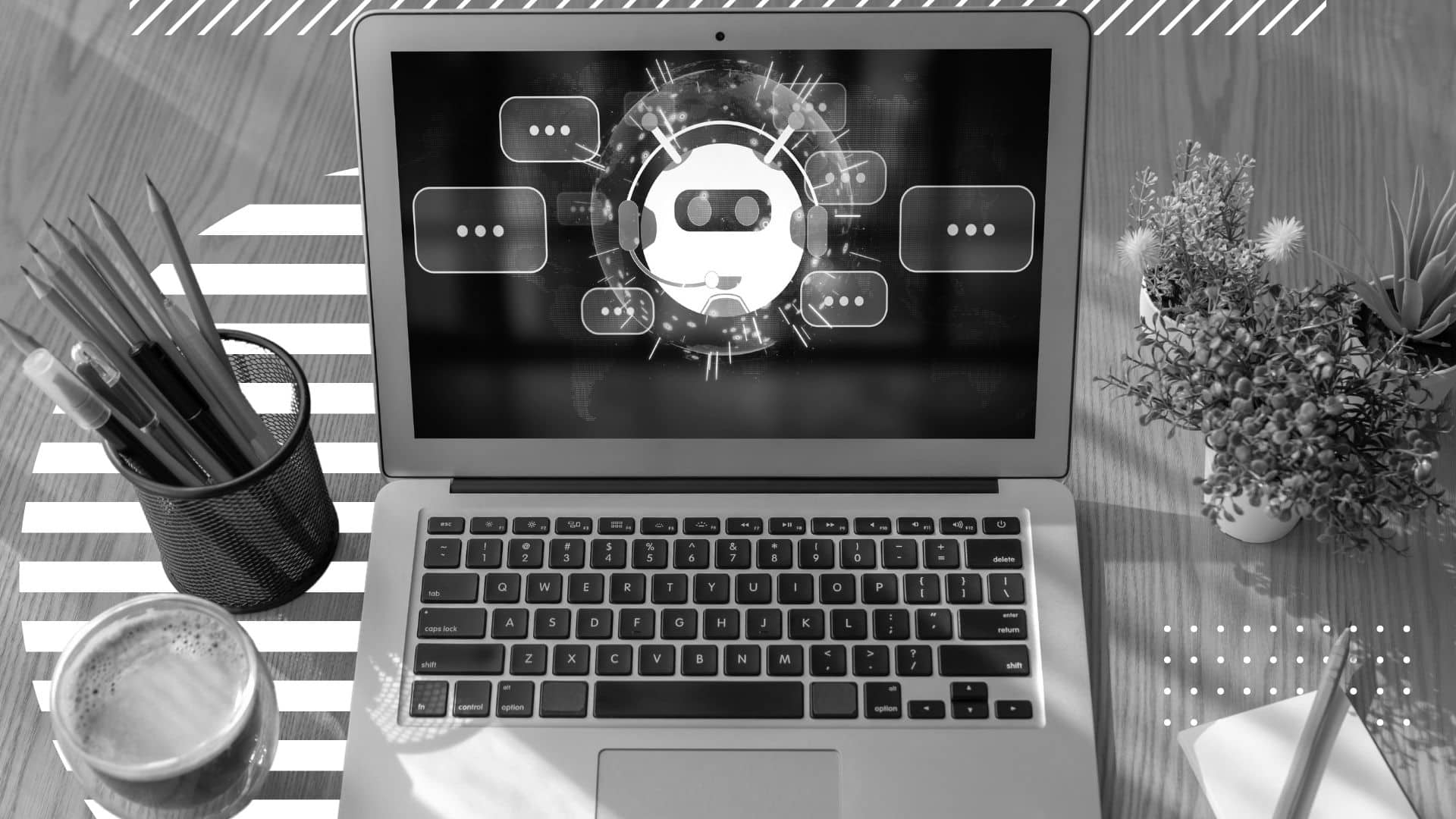Remember that time you stayed up all night prepping for an investigation, fueled by lukewarm coffee and sheer panic? Yeah, we’ve been there too.
So what if we told you there’s a new sheriff in town – one that can analyze documents, suggest interview questions, and even whip up a mean witness list? Yes, we’re talking about artificial intelligence (AI).
But before you picture robots running your workplace investigations (we’ll admit it, that’s kinda cool), let’s set the record straight. AI isn’t here to replace us, brilliant investigators that we are. It’s more like that super-organized, slightly overeager assistant who’s almost got it all figured out.
So, what does that key word “almost” mean?
Here’s the deal: AI tools for workplace investigations are still in their awkward teenage phase. They can be incredibly helpful, but they also need guidance, supervision, and the occasional reality check. Think of them as a brainy intern with a tendency to hallucinate (seriously, that’s a thing).
So, how can you actually use AI in workplace investigations?
- Transcribe interviews faster than you can say “confidential information.” Say goodbye to hand cramps and hello to accurate transcripts in a flash.
- Identify potential policy violations. AI can analyze documents and flag potential issues, saving you precious time and brainpower.
- Help you plan your investigation. Need a witness list? Suggested interview questions? AI can generate those! But remember to double-check its work (it might accidentally suggest interviewing the office goldfish).
- Summarize key findings. AI can help you sift through mountains of data and identify the most important information.
But hold your horses! Before you hand over your entire investigation to a computer, remember:
- AI can be biased. Just like humans, AI tools can reflect the biases present in the data they’re trained on. Be critical of their output to ensure you’re not perpetuating any unfairness.
- AI can hallucinate. We mentioned it above, but here’s what that means if you didn’t click the link: AI sometimes generates information that’s completely made up. Always double-check its work and use your own judgment.
- You’re still the boss. AI is a tool, not a replacement for your expertise. You’re responsible for ensuring a fair and thorough investigation, so don’t let AI make the final call.
The bottom line? You should absolutely consider using AI in workplace investigations. It has the potential to revolutionize the process. But it’s crucial to use it responsibly and ethically.
So, embrace the technology, but don’t forget your own critical thinking skills. After all, you’re the human in this human resources equation. The humanity is the part that even the bots acknowledge AI cannot replicate.
Want to learn more about AI in workplace investigations? Contact us today!
